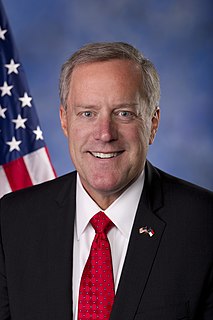A Quote by Thomas Sowell
Many people believe in eliminating gaps and eliminating poverty. They don't realize that in some sense those two things are antithetical. If you were to double everyone's income, or if everyone's income were doubled naturally over the course of time, then you would reduce poverty significantly but you would have also increased the gap.
Related Quotes
Most Americans living below the official poverty line own a car or truck - and government entitlement programs seldom provide cars and trucks. Most people living below the official poverty line also have air conditioning, color television, and a microwave oven - and these too are not usually handed out by government entitlement programs.
Cell phones and other electronic devices are by no means unheard of in low-income neighborhoods, where children would supposedly go hungry if there were no school-lunch programs. In reality, low-income people are overweight more often than other Americans.
I want to make sure that we have a tax code that makes sure that everyone benefits, including those in poverty and those middle-income wage earners and those that have already lived the American dream as well as making sure that everyone can receive the benefits of a robust economy and not just the select few.
Given the relativity concept, poverty cannot be eliminated. Indeed, an economic upturn with a broad improvement in household income does not guarantee a decrease in the size of the poor population, especially when the income growth of households below the poverty line is less promising than the overall.
By the time we got to Courageous, we were bringing in more outsiders, so any time we would bring in outsiders, we would offer to pay them, and [as for volunteers from] the church, because they were getting the benefit of the income to all the ministries of the church and the mission, the building program and all those things, they knew up-front that they were volunteering and gladly did so.
Skilled shortages in America exist because we are shielding our skilled labor force from world competition. [Visa quotas] have been substituted for the wage pricing mechanism. In the process we have created [a] privileged elite whose incomes are being supported at non-competitively high levels by immigration quotas on skilled professionals. Eliminating such restrictions would reduce at least some of the income inequality.
What AI could do is essentially be a power tool that magnifies human intelligence and gives us the ability to move our civilization forward. It might be curing disease, it might be eliminating poverty. Certainly it should include preventing environmental catastrophe. If AI could be instrumental to all those things, then I would feel it was worthwhile.
































